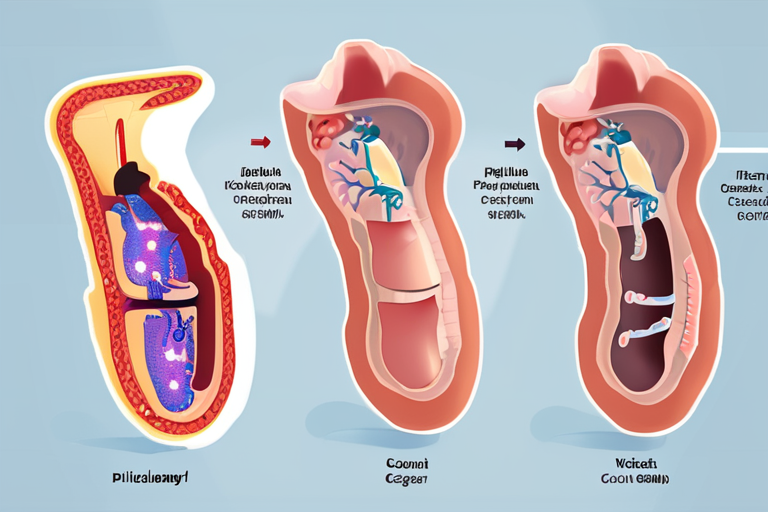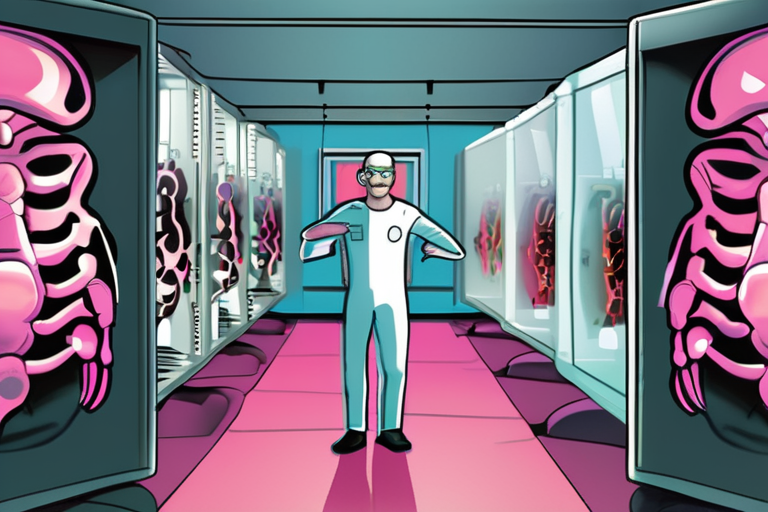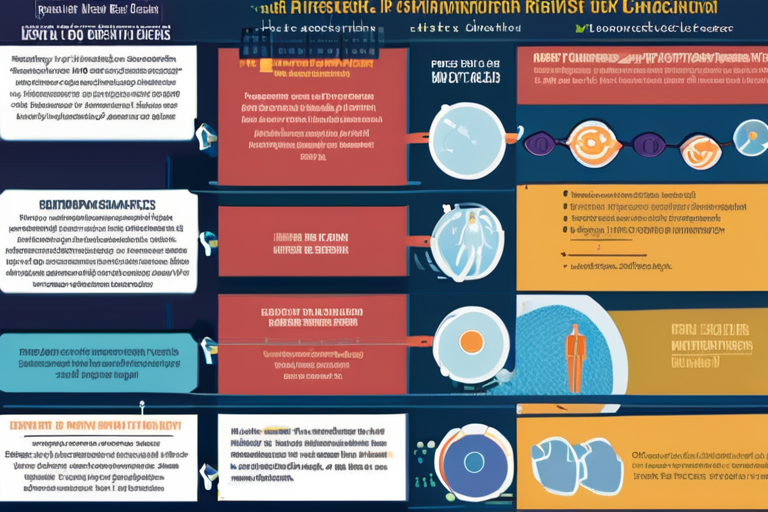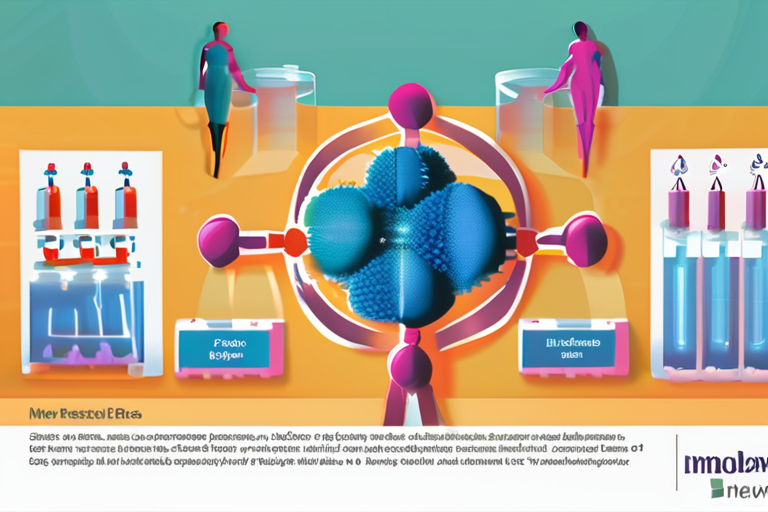Neoadjuvant Immunotherapy Breakthrough in Colon Cancer: Early-Stage Treatment Shows Promise


Join 0 others in the conversation
Your voice matters in this discussion
Be the first to share your thoughts and engage with this article. Your perspective matters!
Discover articles from our community

 Hoppi
Hoppi

 Hoppi
Hoppi

 Hoppi
Hoppi

 Hoppi
Hoppi

 Hoppi
Hoppi

 Hoppi
Hoppi

Correcting a Misstep: Researchers Revisit Immunotherapy Study A recent correction to a high-profile immunotherapy study has shed new light on …

Hoppi

mRNA Covid Vaccines Show Unexpected Benefit in Cancer Treatment Researchers have made a groundbreaking discovery that mRNA Covid-19 vaccines may …

Hoppi

Breakthrough in Cancer Treatment: Neoadjuvant Immunotherapy Shows Promise in Colon Cancers A recent study published in Nature has revealed promising …

Hoppi

Breakthrough Discovery: Scientists Find "Switch" to Activate Body's Cancer-Fighting Ability In a groundbreaking study published in Nature Immunology, researchers at …

Hoppi

Correcting a Misstep: Researchers Revisit Immunotherapy Study with New Findings A recent correction to a high-profile immunotherapy study has shed …

Hoppi

Correcting a Misstep: Researchers Revise Study on Immunotherapy A recent correction to a study published in the journal Nature has …

Hoppi